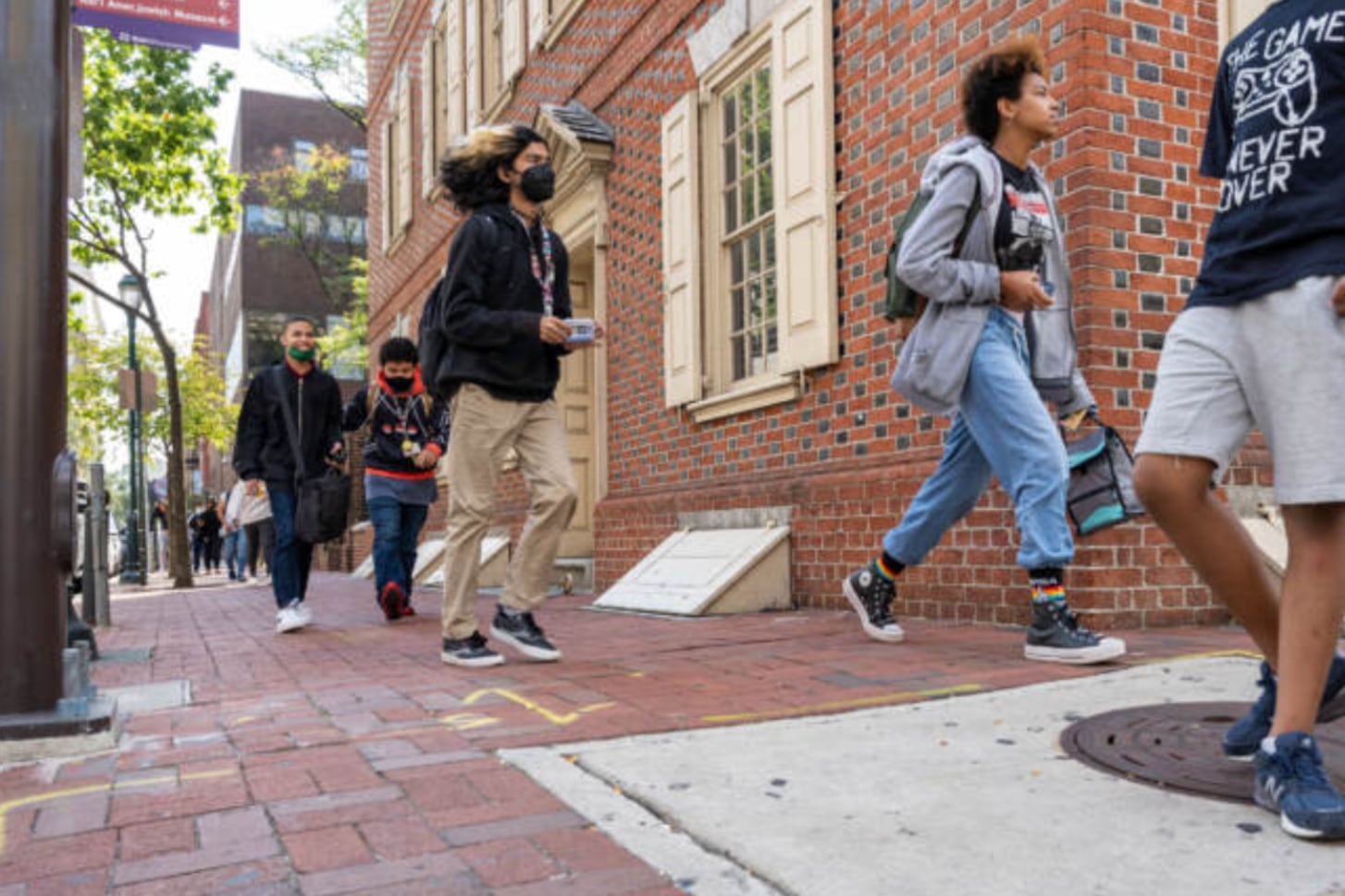Starting next school year, Pennsylvania schools will have a new career and technical education option to offer students: K-12 education.
The program is just one of many ways the state is responding to a teacher shortage that’s created cascading staffing challenges across the Commonwealth.
Tomás Hanna, the state Department of Education’s chief talent officer, said the goal of the program is to expose young people to careers in education.
“We’re not saying that a senior in high school is going to come out teaching in our schools,” Hanna said at Wednesday’s state board of education meeting. “What we’re saying is we have to get young people into the profession and aware of the profession earlier, particularly men, women, people of color.”
Teachers of color are rare in many Pennsylvania schools, and nonexistent in some districts.
Statewide, less than 7% of teachers are people of color, compared to 37% of students, according to the state Department of Education.
Hanna said while teaching has historically been promoted to white women, many people of color don’t think about becoming teachers until later in life when it’s harder to change paths.
Data shows fewer people are entering the profession overall. Roughly 15,000 Pennsylvania college graduates received teaching certificates in 2010, compared to less than 5,500 in 2020.
Career and technical education programs exist at many Pennsylvania high schools, with subjects ranging from carpentry and welding to child care and dentistry.
While CTE, once called vocational education, can provide an alternative path for students who don’t plan to go to college, program offerings have increasingly been geared toward exposing students to fields, like education, that require a degree.
The creation of an education CTE program is one of many potential remedies mandated by recent amendments to the state’s school code.
A state Department of Education committee looked at standards from similar programs in Texas, Tennessee, Georgia, Florida, and several other states to come up with standards for Pennsylvania, said Lee Burket, the state’s director of career and technical education.
Burket said the department will add the new standards to its website and share them with schools this week.
Schools can choose to offer the program informally or with department approval; the latter makes them eligible for state and federal funding, she said.
In addition to the new CTE program, Hanna said, the state is working on many other solutions to the teacher shortage, including creating a grant program that partners schools with teacher preparation programs in their communities and modernizing the state’s certification process.
It often takes several months for the state to certify a new teacher. Hanna said officials want to get that down to 15 days.
“That is a moonshot, to be frank with you, but it’s a shot worth taking,” he said.
Pennsylvania is also working on its own Grow Your Own program, an apprenticeship that allows teacher candidates to go to school for free and get paid to student teach. The U.S. Department of Labor added teaching to its list of registered apprenticeships a year ago. Since then, eight states have created programs.
Philadelphia launched its own version this spring using money from the American Rescue Plan Act. The program pays for district-employed paraprofessionals to get their teaching degrees.
The fact that Philadelphia could have upwards of 100 new homegrown teachers in the next few years, many of whom are people of color and bilingual, is impressive, Hanna said.
Long-term funding is a concern, he said, which is why the state Department of Education is working with the state Department of Labor and Industry to make teaching a registered apprenticeship in Pennsylvania. Once that happens, a move that requires legislative approval, schools will have access to federal dollars.
Hanna won’t bring the project to the finish line though, since he’s set to leave his position this week to become head of secondary schools for the School District of Philadelphia.







